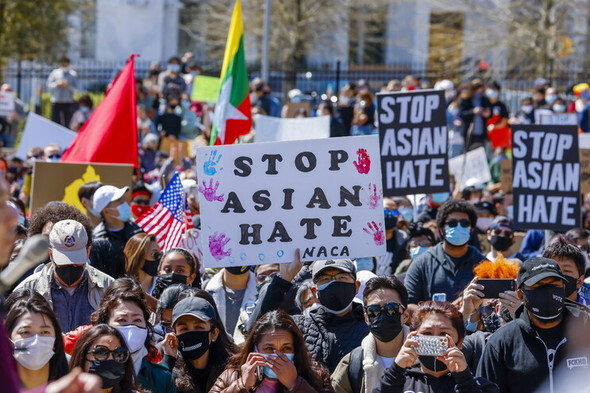
An alarming warning from the United Nations Office on Drugs and Crime (UNODC) has highlighted the expanding global footprint of online scam syndicates that were initially based in Southeast Asia. These criminal organizations, notorious for their operations in countries like Myanmar, Cambodia, and Laos, are now extending their illicit activities to regions spanning South America, Africa, the Middle East, and Europe, according to a report released on April 21st, as reported by AFP and other international news outlets.
The UNODC report specifically identified several countries in Africa, including Zambia, Angola, and Namibia, as well as Pacific Island nations such as Fiji, Palau, Tonga, and Vanuatu, as new areas where these online scam networks are establishing or expanding their presence.
Benedikt Hofmann, the UNODC Regional Representative for Southeast Asia and the Pacific, explained that "the expansion of Asian crime groups signifies both a search for new operational territories and a contingency plan against the risk of continued disruption in Southeast Asia." The UNODC estimates that online scams generated a staggering $37 billion (approximately ₩52.8 trillion KRW) in losses in East and Southeast Asia alone in 2023, suggesting that the global impact is likely to be significantly higher.
The report underscores that these online criminal enterprises are not only seeking new bases and victims but are also broadening their horizons for illicit money laundering. A particularly concerning revelation is their growing collaboration with established international criminal organizations, including South American drug cartels, the Italian Mafia, and Irish criminal groups. The UNODC further noted that the unregulated and anonymous nature of illegal virtual currency mining has become a potent tool for these criminal networks to launder their ill-gotten gains.
Notably, Chinese-origin criminal organizations have been heavily implicated in establishing operational hubs in the border regions of Myanmar, areas that have become virtual lawless zones due to the ongoing political instability and conflict following the military coup. These syndicates are known to lure individuals through deceptive job offers or human trafficking schemes, subsequently holding them captive and coercing them into participating in their fraudulent activities.
The modus operandi of these online scams is diverse and increasingly sophisticated. Victims are often targeted through social media platforms, dating apps, and seemingly legitimate investment websites. The scams range from romance scams, where individuals are emotionally manipulated into sending money, to cryptocurrency investment frauds promising high returns, and even sophisticated business email compromise schemes targeting large corporations.
The UNODC report emphasizes the transnational nature of these crimes, highlighting the challenges faced by law enforcement agencies in different jurisdictions to effectively investigate and prosecute these cases. The victims are often located in one country, the perpetrators in another, and the financial transactions may involve multiple international banking systems or virtual currency exchanges, making it incredibly complex to trace and recover the stolen funds.
The expansion into new territories also presents unique challenges for local law enforcement in these regions, many of whom may lack the resources and expertise to effectively combat these technologically advanced criminal operations. The influx of these criminal organizations can also have broader social and economic consequences, potentially leading to increased corruption and instability in the affected areas.
Furthermore, the collaboration with established international criminal organizations signifies a dangerous evolution in the scale and sophistication of these online scam operations. This cooperation can provide the online syndicates with access to more sophisticated money laundering networks, broader criminal networks for recruitment and victim targeting, and potentially even protection from law enforcement through the influence and resources of these larger, more entrenched criminal groups.
The UNODC is calling for increased international cooperation and information sharing between law enforcement agencies to effectively address this growing global threat. They also emphasize the need for greater public awareness campaigns to educate individuals about the risks of online scams and how to protect themselves. Strengthening regulatory frameworks for virtual currencies and enhancing cybersecurity measures are also crucial steps in combating these evolving criminal enterprises.
The report serves as a stark reminder of the adaptability and reach of transnational organized crime in the digital age. As these online scam syndicates continue to expand their operations and forge alliances with other criminal groups, the global community faces a significant challenge in effectively combating these sophisticated and harmful activities. The need for a coordinated international response, involving law enforcement, regulatory bodies, and the private sector, has never been more urgent. The increasing sophistication of these scams and their ability to transcend borders necessitate a unified global effort to protect vulnerable populations and disrupt these criminal networks before their reach and impact become even more devastating.
[Copyright (c) Global Economic Times. All Rights Reserved.]






























